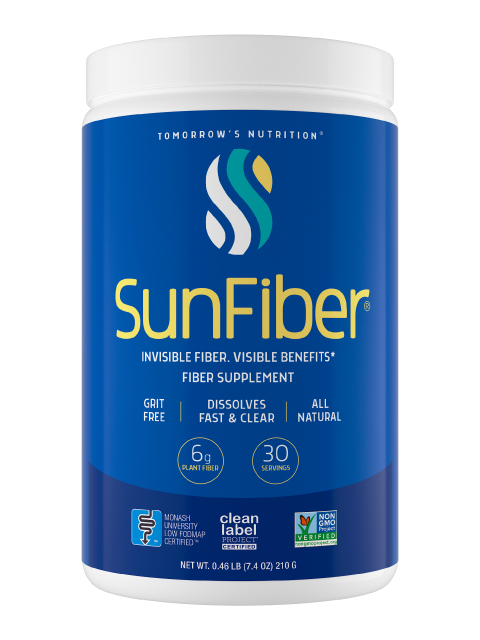Michigan State advises adding fiber to your diet. It’s easy, according to Ashley Parrish of Michigan State University Extenson. Parrish recommends many ways to increase fiber in your diet:
- Leave the skin on whole fruits and vegetables
- Choose brown rice, whole wheat bread and pastas over white bread and rice
- Choose foods with “whole grain” listed as the first ingredient on the ingredient list
- Add chopped vegetables to spaghetti sauces
- Replace meat with beans in soups and chili
- Snack on fruits and vegetables instead of chips and crackers
- For breakfast choose oatmeal or other whole grain options
- Make grains, beans or legumes the main dish of a meal.
The Academy of Nutrition and Dietetics recommends fiber intake for an American adult of 25 grams per day for women and 38 grams per day for men. After age 50, daily fiber needs drop to 21 grams per day for women and 30 grams per day for men. Currently, Americans only consume about 10-18 grams of fiber per day. This means that over 90 percent of the American population does not consume enough fiber in their daily diet.
Fiber benefits include helping you control weight. Fiber helps people with diabetes regulate and lower blood glucose levels and can also help people lower their risk for cardiovascular disease by lowering cholesterol levels.
There are two different types of fiber – soluble fiber and insoluble fiber. Soluble fiber turns into a gel in the body helping to lower glucose and cholesterol levels and can be found in foods such as oatmeal, nuts, beans, lentils, apples and blueberries. Insoluble fiber helps food move through the digestive system and adds bulk to the stool. Some examples include:
- Whole wheat
- Whole grains
- Wheat bran
- Corn bran
- Seeds
- Nuts
- Barley
- Couscous
- Brown rice
- Bulgur
- Zucchini
- Celery
- Broccoli
- Cabbage
- Onions
- Tomatoes
- Carrots
- Cucumbers
- Green beans
- Dark leafy vegetables
- Raisins
- Grapes
- Fruit
- Root vegetable skins.




0 Comments